Gaza: A year of war in five numbers
A year after the atrocities committed by Hamas on 7 October 2023, Israel’s war on Gaza has spiralled into a humanitarian catastrophe.
More than 42,000 people have been killed and 96,000 injured in a conflict that has been marked by disproportionate violence, the disregard for human dignity and almost daily violations of humanitarian law. Right now, more than 1.9 million people (around 90 percent of Gaza’s population) are still displaced from their homes.
Médecins Sans Frontières / Doctors Without Borders (MSF) has been treating patients since the opening hours of the crisis.
Our teams, who have been working to support Palestine’s struggling healthcare system since 1989, were among the first to respond. And, a year later, despite the challenges of low supplies, multiple evacuations and high insecurity, we are still there.
Now, as the world marks one year of the war in Gaza, here are five numbers that tell the story of a vast healthcare emergency:
27,546
People treated for physical violence by MSF
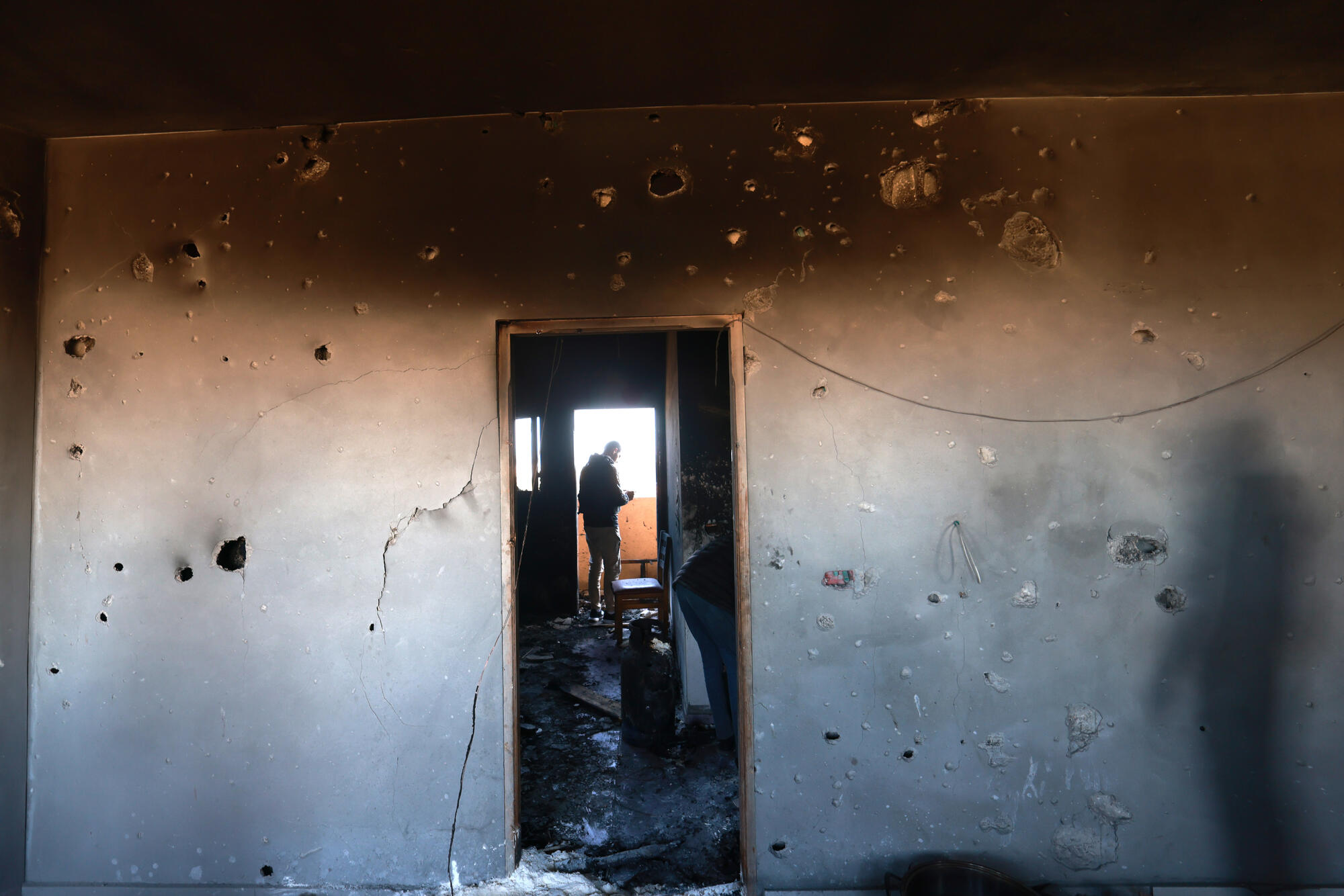
Over the past 12 months MSF staff have witnessed inhumane violence and attacks on the people of Gaza, the systematic dismantling of the health system by Israeli forces and the continuous mass displacement of people.
Since the war began, MSF has had to leave 14 health structures due to serious incidents and ongoing fighting. Each time a medical facility is evacuated, thousands of people lose access to lifesaving medical care.
Today, only 17 out of 36 hospitals are even partially functional. Warring parties have conducted hostilities near medical facilities, endangering patients, caretakers, and medical staff. Seven MSF colleagues have been killed.
MSF Secretary General Chris Lockyear said in May:
“Civilians are being massacred. They are being pushed into areas they were told would be safe only to be subjected to relentless airstrikes and heavy fighting.”
7,510
Surgical interventions by MSF
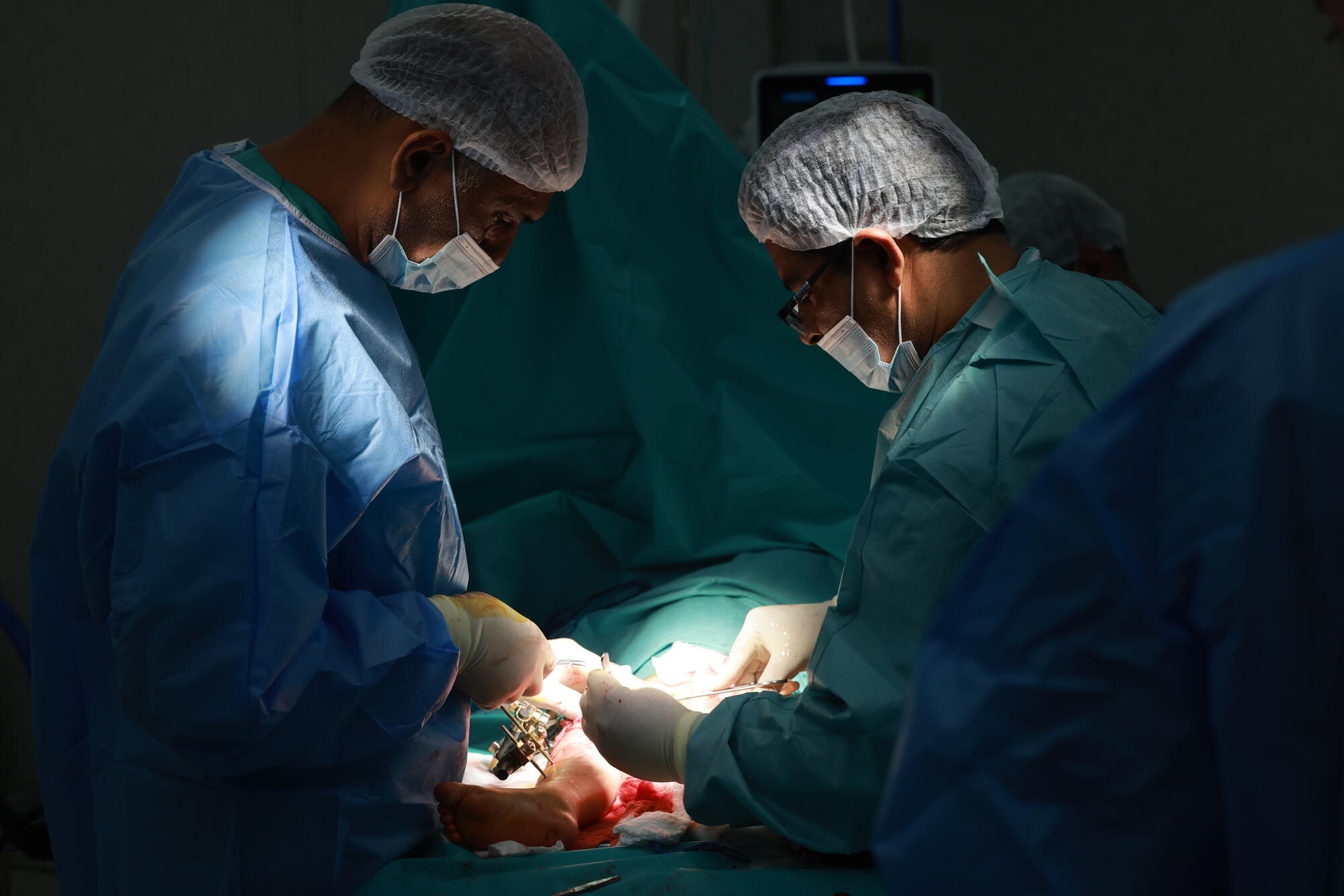
MSF medical staff have treated patients on a daily basis with wounds caused by massive bombings. People have extensive burns, crushed bones, and have lost limbs.
Many of the patients we have treated needed orthopaedic surgery to fix broken bones, and then plastics: a surgery to treat wounds that are too large to be closed with stitches alone.
In February this year, Dr Chris Hook, an MSF emergency medicine specialist who had been working in Nasser Hospital in Gaza said:
“In the three weeks it was operational, our surgery project meant Nasser Hospital went from around eight plastic surgeries a day to just over 20.”
“Our teams there supported the emergency and ICU departments to care for patients through multiple major mass casualty incidents a day – in my hospital in the UK we might not see one in a year.”
Medical care where it's needed most
Help us care for people caught in the world's worst healthcare crises.
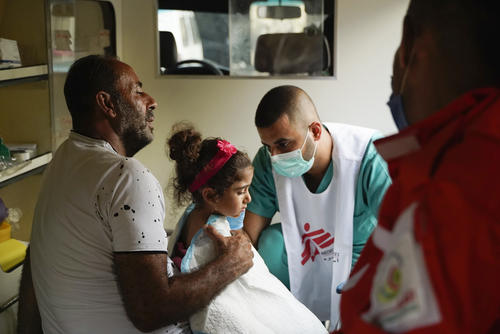
19,662
Ante-natal consultations by MSF
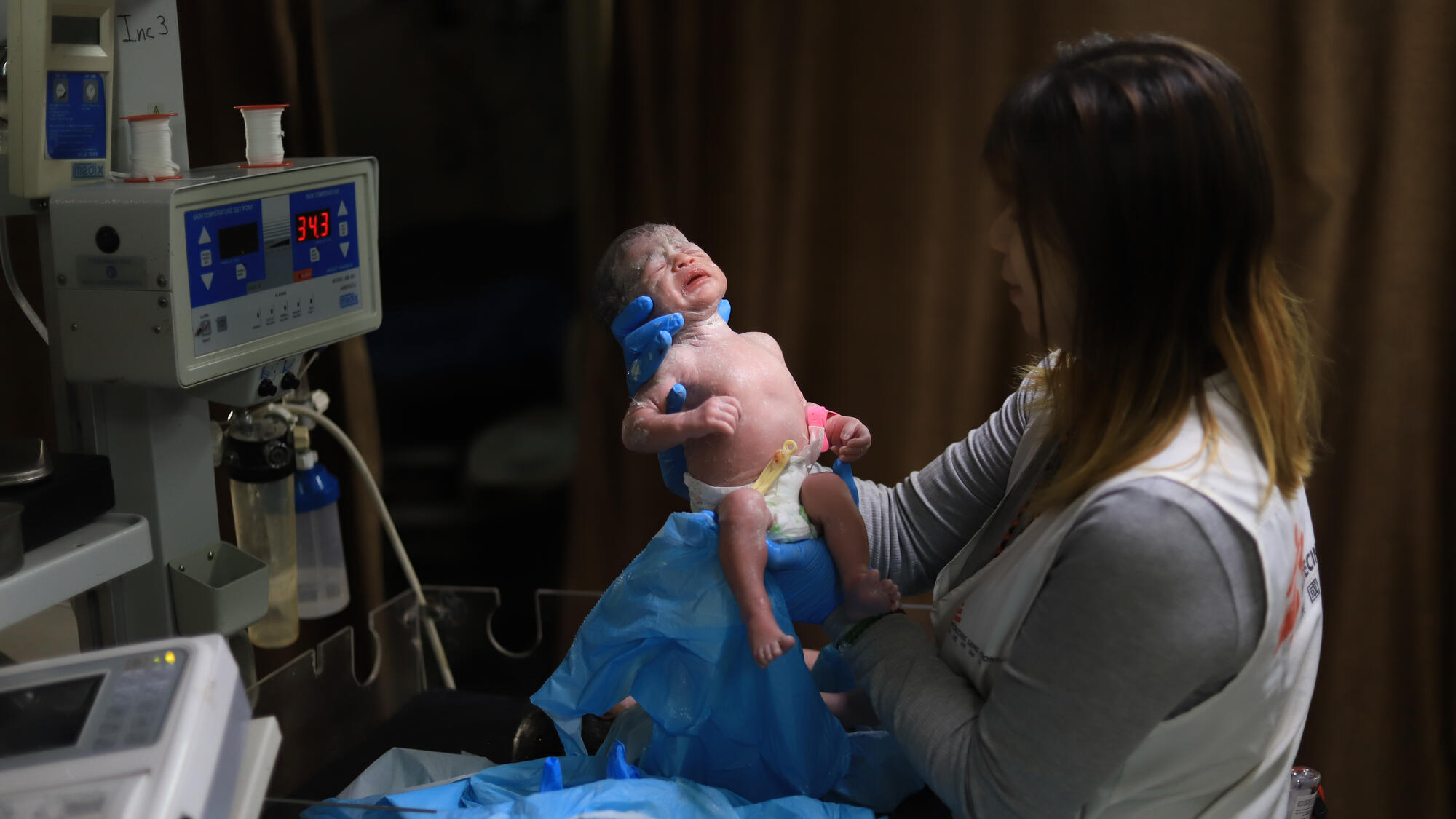
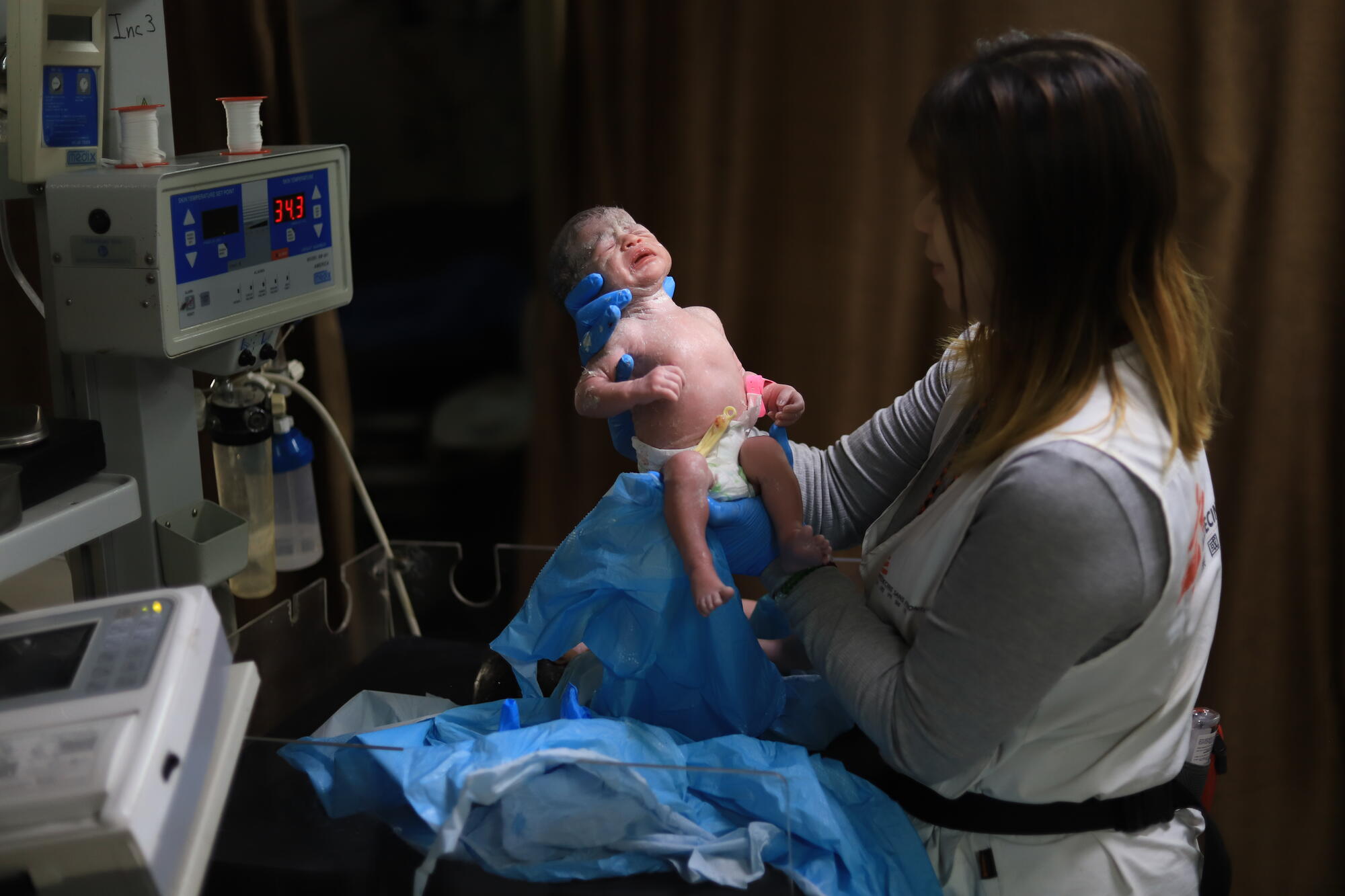
Access to essential healthcare services have become almost impossible in Gaza. Without it, pregnant women are left particularly vulnerable to dangerous complications.
Repeated displacements, the limited availability of food and the near constant threat of violence have forced many pregnant women into extremely poor living conditions that also put them and their babies at risk. At the same time, safe and reliable maternity services have struggled to operate in the midst of indiscriminate attacks on healthcare infrastructure.
MSF emergency health advisor Mercè Rocaspana said back in July 2024:
“The main health risks for pregnant women are blood-pressure related complications such as eclampsia, haemorrhage and sepsis – which can become deadly if not treated in time.”
“In Gaza, late access to care is posing a health risk to pregnant women and their children. The health system has been decimated and collapsed, posing severe risks to the health of pregnant women and their children. The consequences are tragic – even lethal.”
34,588
People treated for diarrhoea by MSF
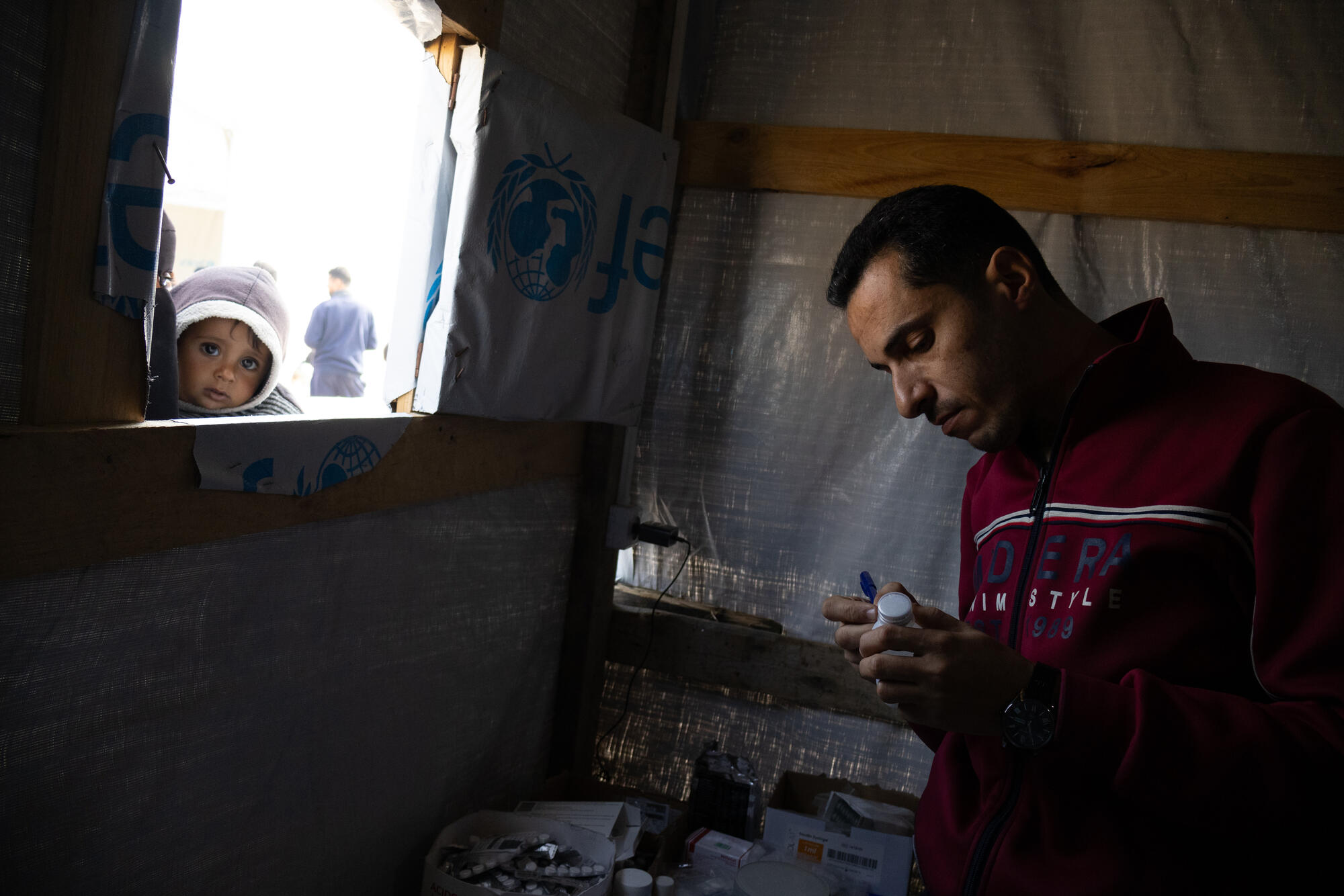
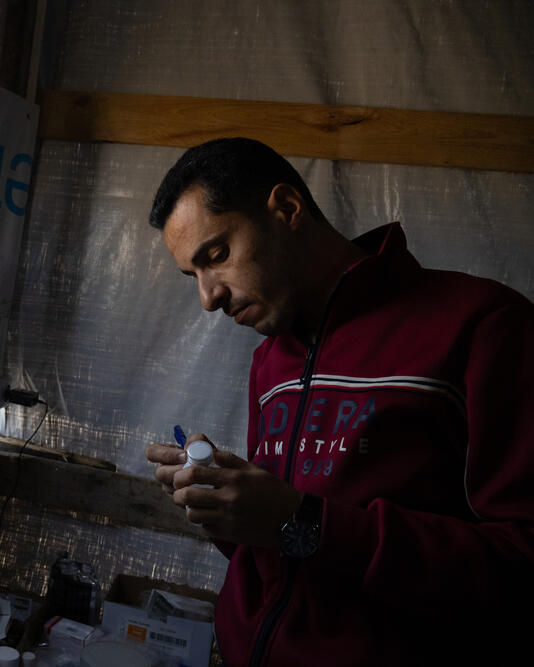
As the availability of medical care has shrunk, so too have the options for people to seek out desperately needed healthcare in Gaza. Repeated evacuation orders have displaced 90 percent of people into so-called 'safer' zones, which Israel has nonetheless bombed over and over again.
People are now urged to stay within a tiny patch of 41 square kilometres, with limited shelter, food and water. There is an increased risk of disease due to overcrowding.
An MSF report in April (‘Gaza’s silent killings’) drew on medical data and patient testimony to highlight the inadequate living conditions in Rafah, south Gaza. This included a desperate shortage of clean water for drinking or bathing.
In the last three months of 2023, cases of diarrhoeal illnesses reported among children under five were 25 times higher than during the same period in 2022.
Mari-Carmen Viñoles, Head of MSF Emergency Programmes, asks:
“How many babies have died because of preventable diseases? How many patients suffering from diabetes are left untreated?”
“What about the deadly consequences of the closure of kidney dialysis units in attacked hospitals? These are the silent killings of Gaza not reported in all this chaos, caused by the collapse of the healthcare system.”
18,363
Mental health sessions by MSF
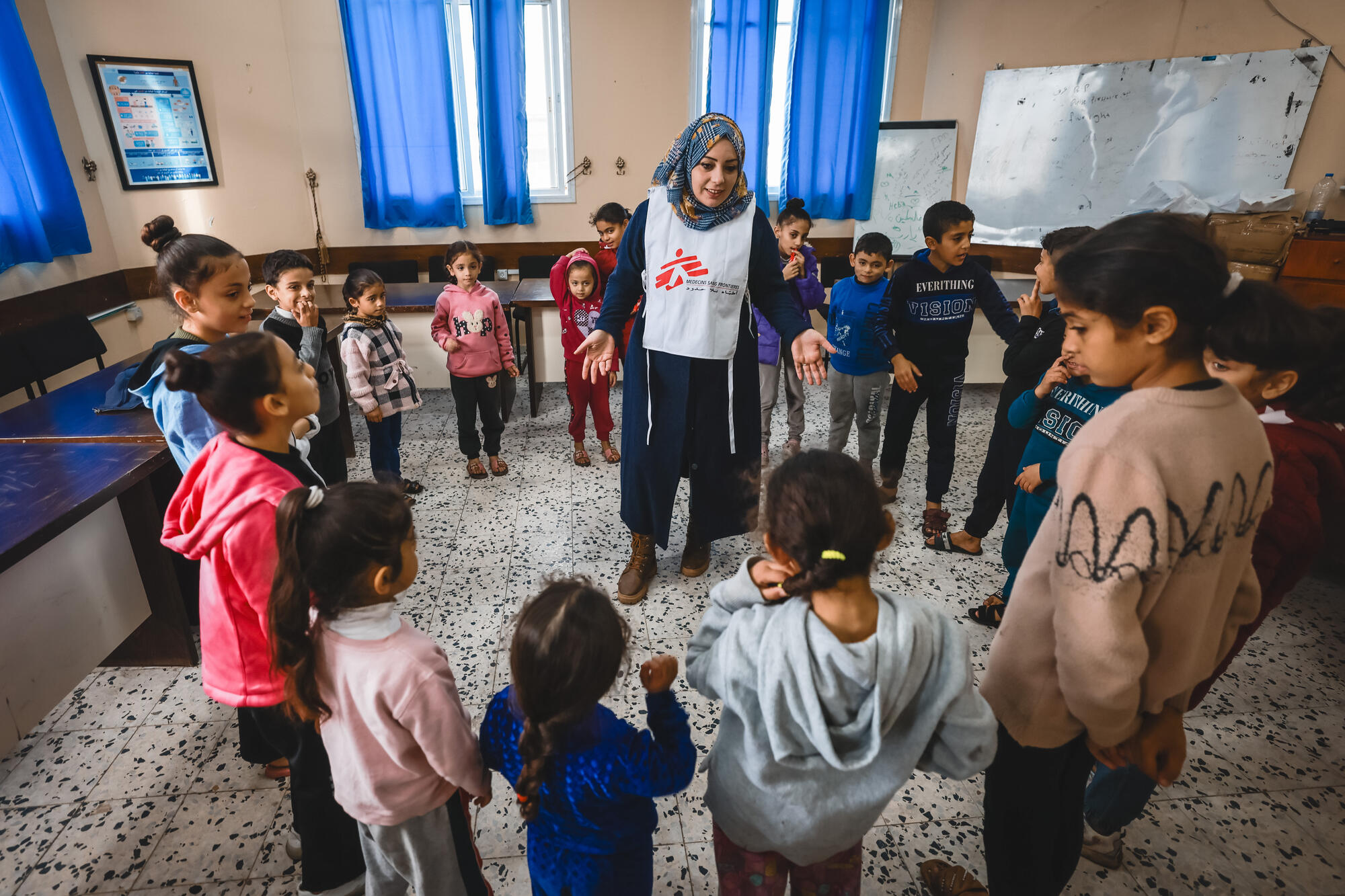
Multiple evacuation orders, losing loved ones, insecure and inadequate living conditions, and continual fear of airstrikes have led to repeated trauma for the people of Gaza.
MSF teams have continued providing mental health support through the most challenging circumstances, with individual and group therapy sessions, as well as with psychological first aid.
MSF psychologist Davide Musardo said in June 2024:
“In some sessions we had to shout to be heard, to overcome the sound of drones and bombs. And when there was no fighting outside, the background sound was the cries of children in the hospital.”
“Everything is missing, even the idea of a future. For many people, the greatest anguish is not today – the bombs, the fighting and the mourning – but the aftermath. There is little confidence about peace and reconstruction, while the children I saw in the hospital showed clear signs of regression.”
MSF and the Israel - Gaza war
An unprecedented humanitarian crisis is unfolding in Gaza. MSF teams have worked to treat the wounded and supply overwhelmed hospitals as indiscriminate airstrikes and a state of siege threaten millions of men, women and children.